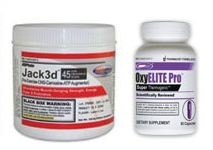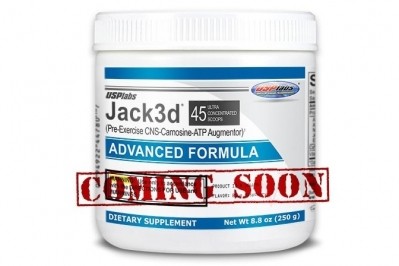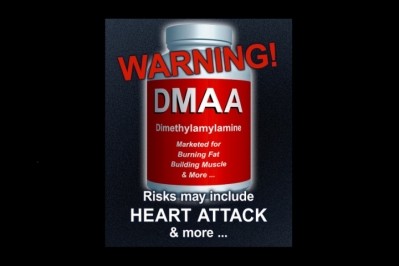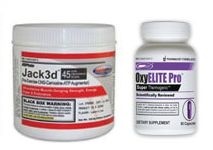USPlabs slapped with warning letter over drug claims, GMP failures

The warning letter, dated Dec. 4 2012 and made public on the FDA’s website on Friday, Feb. 15 2013, cited disease claims violations for one product called Super Cissus, and GMP deficiencies in the manufacture of that product several others, including Jack3d and OxyElite Pro, both of which contain DMAA in versions for sale over the internet. The warning letter resulted from an inspection of the firm’s facility that FDA conducted from Feb. 7 through Feb. 21, 2012.
DMAA left for another day
In this most recent warning letter FDA noted that it also sent USPlabs a warning letter on April 24, 2012 over the company’s use of DMAA in its products. In that letter, FDA said DMAA was not a lawful dietary ingredient because it lacked a New Dietary Ingredient notification, and raised the issue of whether it is a so-called synthetic botanical. USPlabs has responded to FDA on that issue, most recently on Sept. 28, 2012, and FDA said it would respond on the issue of DMAA in a separate communication.
The letter is part of a pattern of enforcement that observers have noted with FDA.
“These letters are just a follow up what Dan Fabricant (director of FDA’s Division of Dietary Supplement Programs) has been saying at all of these conventions: Compliance with the dietary supplement GMPs is one of FDA’s highest priorities right now,” attorney Justin Prochnow, a principal with the firm Greenberg Traurig, told NutraIngredients-USA.
“They are going after the manufacturers, they are going after distributors. They are going after everyone in all phases,” he said.
In the case of USPlabs’ Super Cissus, FDA said the product is marketed with illegal disease claims, including a claim that the product “has been found to reduce LDL .... In an eight-week randomized, double blind, placebo-controlled study ... obese subjects taking Cissus experienced reductions in ... LDL ....” This causes the product to be considered an unapproved new drug under the law, FDA said.
Documentation, testing deficiencies
The GMP violations that FDA noted were more voluminous. The agency said USP Labs was not in compliance on a number of documentation and testing requirements relating to the activities of their contract manufacturer.
“Your firm has an obligation to know what and how manufacturing activities are performed so that you can make decisions related to whether your dietary supplement products conform to established specifications and whether to approve and release the products for distribution,” the agency said.
The warning letter noted that USPlabs had failed to establish written procedures for handling product complaints. The warning letter also noted that USPlabs failed to perform identity tests on ingredients that it forwarded to its contract manufacturer, relying instead on certificates of analysis, and that it failed to establish specifications for the finished products. In addition, the agency noted deficiencies in the handling of master manufacturing records and faults in the way the company’s quality control personnel did their jobs.
GMP-specific manufacturing contracts
Prochnow said that the risk that a brand holder runs in not being able to satisfy FDA on whether they have full knowledge of and control over their contract manufacturer’s activities means companies might want to think about amending existing contracts.
“Because of the amount of (these type of) warning letters more and more companies that are contracting with contract manufacturers are looking at having some sort of GMP agreement that sets forth the obligations of the contract manufacturer and what they are going to be supplying (to the brand holder),” Prochnow said.
“Then a company that gets inspected by FDA can pull out that document and can say, ‘Our contract manufacturer is complying with these laws and in addition here is a batch and a master manufacturing record.’
“If you at least have that it shows that you are trying to keep on top of it and you are trying to comply,” he said.
















